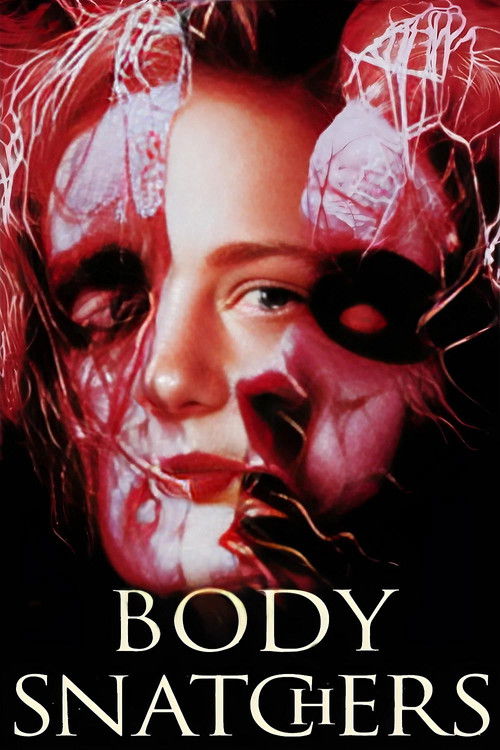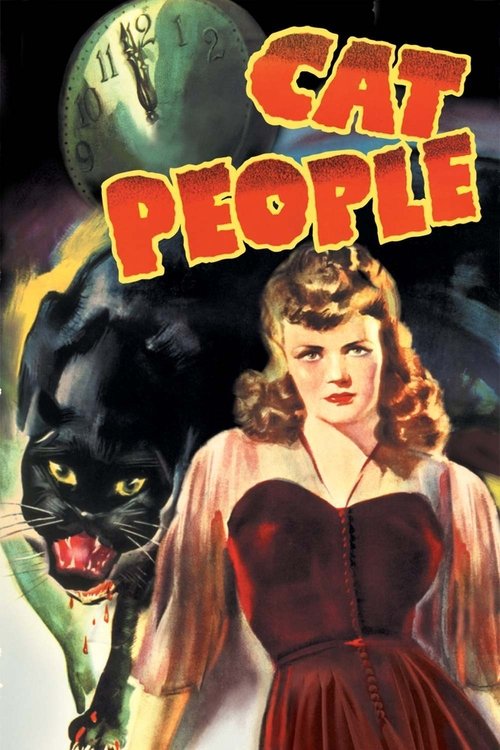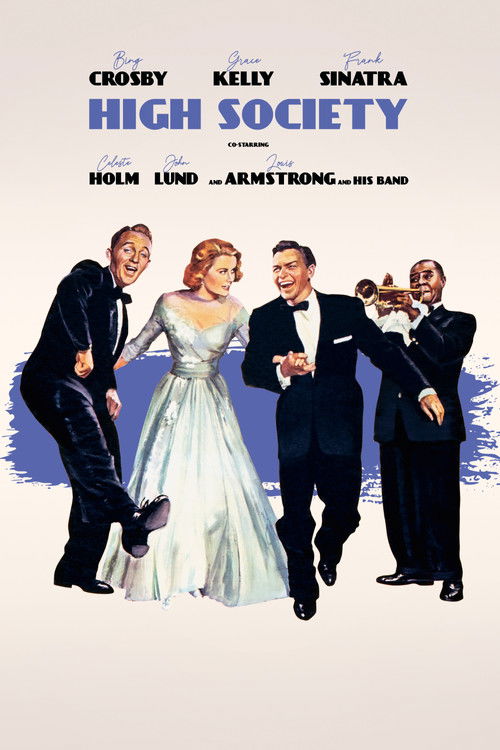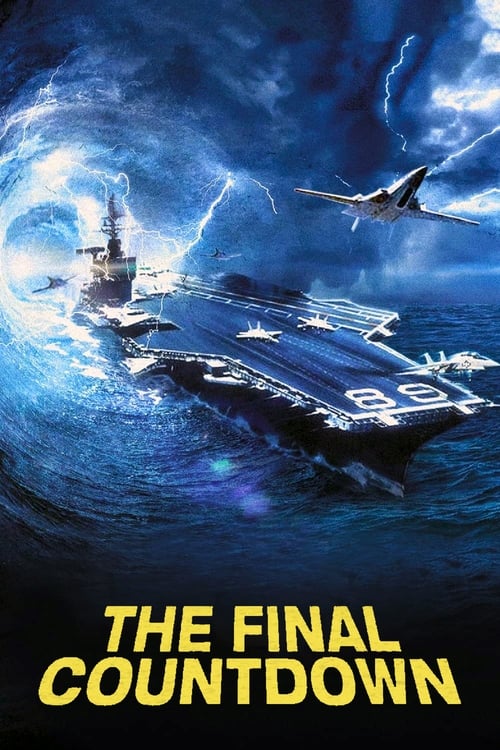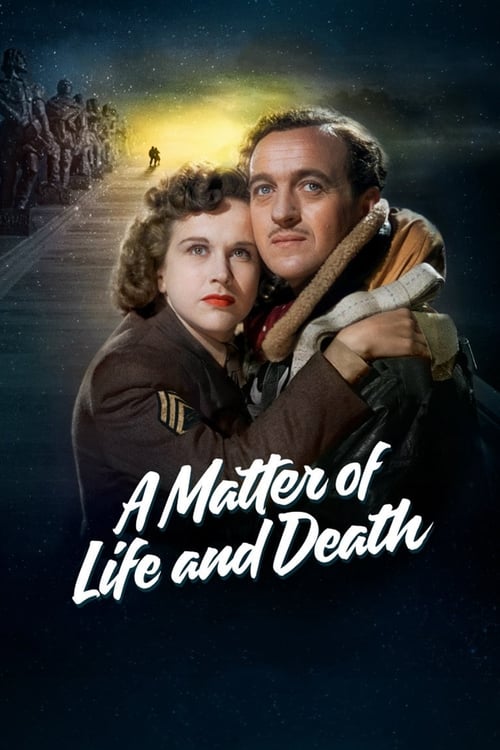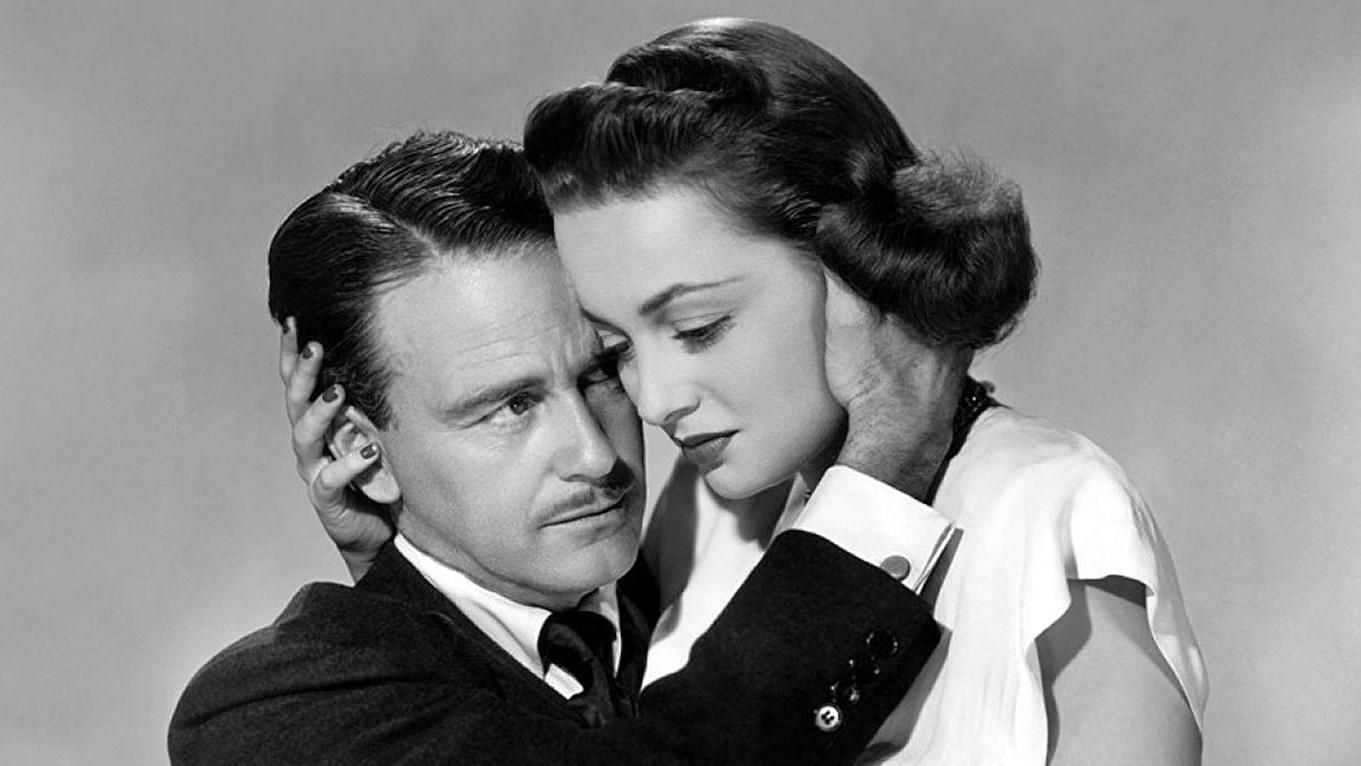
1946
The Dark Mirror
Thriller, Mystery, Horror
7.0
User Score
120 Votes
Status
Released
Language
en
Budget
$0
Production
International Pictures (I), Nunnally Johnson Productions, Universal Pictures
Overview
A sister and her disturbed twin are implicated in a murder and a police detective must figure out which one's the killer.
Review

John Chard
8.0
Lemon Drops and Dopplegangers.
The Dark Mirror is directed by Robert Siodmak and adapted to screenplay by Nunnally Johnson from a story by Vladimir Pozner. It stars Olivia de Havilland, Lew Ayres, Thomas Mitchell, Richard Long and Charles Evans. Music is by Dimitri Tiomkin and cinematography by Milton Krasner.
A man appears to have been murdered by one of the identical twin Collins sisters, but both of whom have an alibi. The police and the psychiatrist have their work cut out...
Straight out of the corner of postwar Hollywood that began to take fascination with mental illness, The Dark Mirror triumphs more as a technical exercise than as anything resembling thought provoking analysis. The simplistic Freudian elements aside, film is impressively mounted and performed by Siodmak and de Havilland respectively. Story follows the trajectory of a cat-and-mouse game, with the makers nicely putting us the viewers into the same struggle the authorities have in sussing out which sister is the damaged killer.
Siodmak's (The Spiral Staircase) attention to detail and grasp of mood setting really lifts the piece to greater heights. Aided by the considerable photographic skills of Krasner (The Set-Up), Siodmak creates a world of psychological disturbance, a place aligned with suspense and symbolism. Right from the doozy of an opening scene to the denouement, Siodmak manages to keep the contrivances to the rear of the play and let de Havilland and the visual textures be the prime focus.
The effects work is very good, with de Havilland having to quite often play off against herself. Sure in today's age of High Definition et al, you don't have to stretch your viewing experience to see how the effects were done, but why would you? Just enjoy de Havillland's riveting performances in the dual roles (see also her excellence in The Snake Pit two years later), her skillful little subtleties as she deftly plays out the respective psychological traits of sibling rivalry gone astray.
Is it a gimmick movie? Well no not really, it's honest about what it wants to achieve in terms of psychiatric observations and treatments. Yet lesser lights than Siodmak, Krasner and de Havilland would have struggled to make it work, especially as the romance angle in the screenplay nearly derails the requisite mood come the finale. Thankfully, in spite of some obvious negatives, it's still well worthy of viewing investment. 7/10
Read More 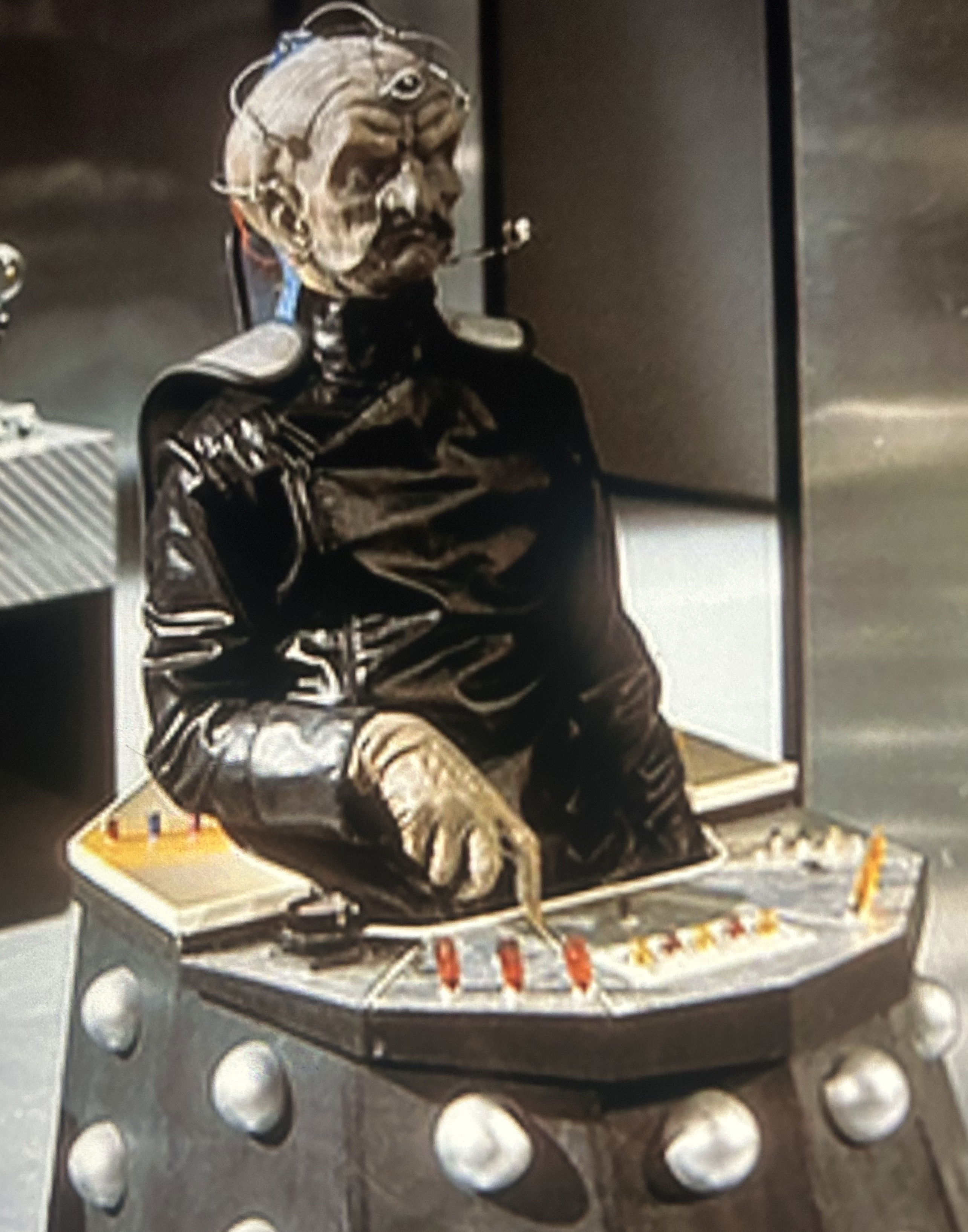
Geronimo1967
7.0
This is one of those films that you really have to pay close attention to - otherwise you can miss the nuances and menace created by the super performance from Olivia de Havilland - who plays two twins - in this whodunit with lots of twists. When "Dr. Petralta" is found stabbed through his heart - witnesses swear to policeman Thomas Mitchell ("Lt. Stevenson") that they saw "Ruth" leave his apartment moments after the grizzly deed was supposed to have been committed. Upon further investigation, however, he discovers that "Ruth" has a cast iron alibi! She also has a twin sister "Terry", and so proving who did what to whom - they both, naturally, deny any involvement - is nigh on impossible. That is, until scientist "Dr. Elliott" (Lew Ayes) who specialises in the behaviour of twins starts to study the pair and slowly begins to discover their secrets. I struggle to think of a better role for the star, she is clever and evil, calculating and cunning in her portrayal and whilst there is little doubt that one of them "did it" - it takes it's time to prove which one did - and I found the trails of breadcrumbs left for the audience made for a compelling thriller as it becomes quite clear that one sister is more than willing to throw the other under the bus!
Read More 